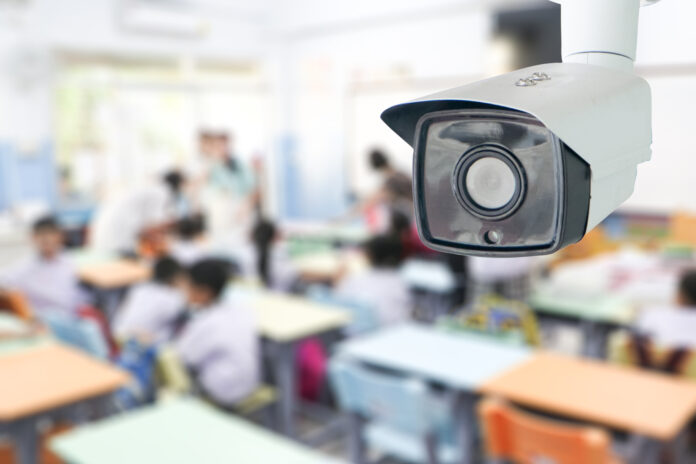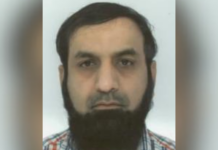Experts are warning that schools, colleges and higher education institutions are tightening restrictions on Muslims.
During a recent briefing, Prevent Watch said that educational institutions are now implementing recommendations from the Shawcross Review which backed focussing more on “Islamist extremism” rather than far-right extremism.
Professor John Holmwood, of the University of Nottingham, said that educational institutions are now subject to more central control from the Home Office which will effectively mean enhanced monitoring and expanded surveillance.
“One can expect greater emphasis on Muslim communities and pupils and students from Muslim backgrounds,” he said.
Earlier his year, a so-called independent review of Prevent by the right-wing ideologue William Shawcross said: “The present boundaries around what is termed by Prevent as extremist Islamist ideology are drawn too narrowly while the boundaries around the ideology of the extreme right-wing are too broad.”
Shawcross went onto say that the authorities must tackle “non-violent Islamist extremism” that “produces an environment that is conducive to terrorism.”
His review was slammed by Muslim organisations which accused him of promoting a hardline approach to bolster authoritarian laws underpinned by exploiting anti-Muslim prejudices.
Subscribe to our newsletter and stay updated on the latest news and updates from around the Muslim world!
Prevent Watch said parents, students and teachers should expect:
- Even more referrals of Muslims to Prevent.
- Increased scrutiny of politically active students who dissent.
- Renewed training for teachers that will place less emphasis on the right-wing and racism.
- More emphasis on “Islamism” which is vaguely understood as “political Islam.”
- Educators to go over and above what is required for fear of being downgraded on safeguarding.
- More interference with events and freedom of religion and speech at universities.
Dr Rob Faure Walker, the editor of The Prevent Digest, told the briefing that Prevent is having a chilling effect on freedom of speech in schools.
“When I was teaching I used to have constant robust, heated and respectful political discussions, particularly with the teenagers that I worked with and that was fundamental to working as a teacher in a democracy because children need to practise playing with diverse views. And schools should provide a safe space for airing different types of views, even radical views. Because that’s how we practise democracy.”
He added that after Prevent was introduced children in his care stopped having political conversations.
And Prevent Watch director Dr Layla Aitlhadj said that a third of referrals to Prevent emanate from the education sector (around 2,000 each year), and education watchdog Ofsted is downgrading schools if they are deemed to be failing to tackle radicalisation.
Many referrals to Prevent are misguided, she said, and concerned pupils simply expressing normative Islamic views or heartfelt political positions.

She added that some schools are over-enforcing Prevent by getting parents to sign contracts which commit students and parents to fighting extremism and promoting “British values.”
“For young Muslim students there are going to be many more misinformed referrals (to Prevent) and they will be justified by saying that there is this refocus on ‘Islamist extremism,’ even though they (the referrals) were ultimately very biased and discriminatory moves by whoever was making them.”
In terms of how Muslims should combat these increasing restrictions in schools, the experts said Muslims should be proud of their values and be willing to challenge schools, colleges and higher education institutions.
“I think from a student and parent perspective, we need to be more challenging and parents need to stand up with their children in terms of whatever it is that they are facing at school,” said Dr Aitlhadj.
“So if parents are getting push back from the school, rather than going silent and stopping practising their beliefs or expressing political views, they should actually challenge and push back at the school and maybe ensure that parents come together, particularly at secondary level.”
And John Holmwood concluded: “There is no reason to be ashamed of having particular kinds of political views or being interested in political questions, whether domestic or international. And there is no shame in normative Islamic values.”























